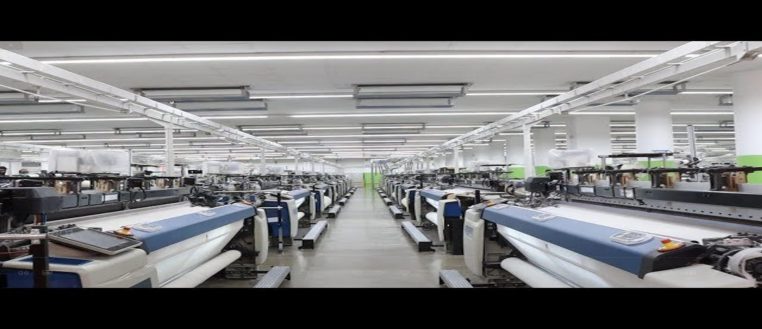Since the early 1960s, Pakistan has remained highly dependent on the textile industry. Many of our exports comprise textile products, including clothes and related materials. Without considering the role of Pakistan’s textile mills, the idea of a great economy always remains incomplete. Lucky textile mills, Kohinoor textile mills, and Nishat textile mills are some of the top industries in Pakistan which have contributed to the economy to a great extent.
This blog post will take you on a journey to unravel Pakistan textile mills’ rich history, innovative practices, and significant impact. If you are a person directly or indirectly connected to the Pakistan textile mills, you must read this blog post to create a better understanding of this highly important sector. At the end of this, you will surely have much knowledge about the industry and its contribution.
I. Historical Evolution of Pakistan Textile Mills
Throughout Pakistan’s history, the textile industry has played a huge role in shaping the country’s economic growth. Faisalabad is considered the top city in Pakistan, with thousands of mills preparing cotton and other fabric types. This city alone meets the needs of almost the whole country and also exports to other countries.
Lahore is the second largest city in the world of Pakistan textile mills, which also has a massive contribution to the growth of this sector. The good news about this crucial industry is that multiple universities in Pakistan offer different courses related to the textile. National Textile University (NTU) stands on the top with the capacity of graduating hundreds of engineers yearly.
II. Contributions to the Textile Industry
The contributions of Pakistan Textile Mills go far beyond economic metrics. The scale of production, the creation of employment opportunities, and the overall economic impact on the country highlight their significance in the textile sector’s development. As we talked earlier, it is an accepted fact in Pakistan that many people from all over the country move to Faisalabad due to excessive job opportunities in the textile sector.
III. Innovations in Technology and Processes
At the heart of excellence lies innovation. Pakistan Textile Mills has embraced cutting-edge technologies and sustainable practices, revolutionizing production building processes. We all know that this is the time of technology, especially computer software, which is easing human effort in every industry. The same goes with the Pakistan textile mills, as they are using a lot of innovative machines and technologies to transform the overall sector, which has ultimately increased the production and revenue
IV. Top Pakistan Textile Mills
- Kohinoor Textile Mills
- Nishat Textile Mills
- Chenab Limited
- Fateh Textile
- Lucky Textile Mills
V. Sustainability Initiatives
Although the textile business is highly profitable, it has an issue of degrading the environment and producing pollution in the relevant areas. It is one of the top reasons that cities like Faisalabad and Lahore face extreme smog in the winter season and high Air Quality Index (AQI) in all seasons. But the good news is that the government is monitoring all these factors and implementing stringent measures to curb the aftereffects of textile production.
VI. Future Prospects and Trends
Regarding the future, Pakistan’s textile mills have a lot of potential to transform the overall economy of the whole country. It is the need of the hour to run along with the technological world and implement the latest advancements in the textile sector. This way, we cannot only increase production but also make growth in revenue, leading to a better Pakistan.
VII. Conclusion
In a nutshell, it would not be wrong to say that Pakistan’s textile mills are the backbone of the country’s economy. This sector has a lot of potential to generate income and provide substantial job opportunities to many people. By making innovative decisions and implementing the latest strategies, we can improve this sector and take it to the heights. Integrating the right technology is key to success in this sector, and if it is done, Pakistan will reap the fruits of it.








